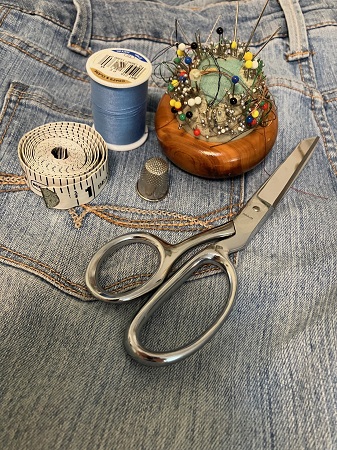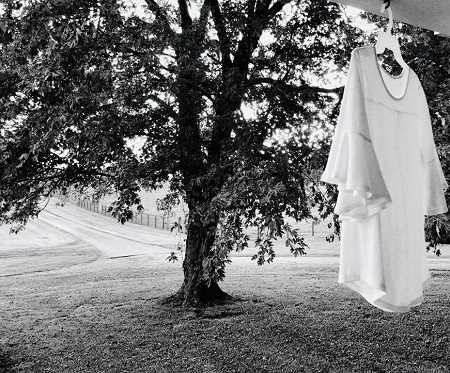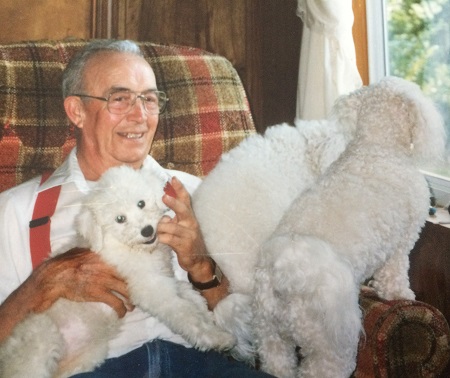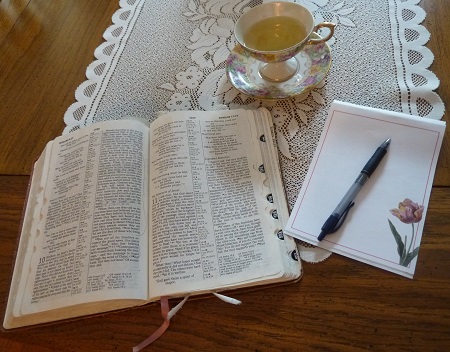Well Butter my Backside and Call Me A Biscuit!
 Please welcome my guest writer, Tammy Whitehurst. I met Tammy at the Kentucky Christian Writers Conference. Fast-paced. Funny. Down to earth. Relatable. Tammy is a “hoot with a capital H!” From hilariously funny to seriously faith-filled, Tammy has been featured in Lifeway magazines, Christianity Today and other publications. She has spoken for Moody and Salem Radio Broadcasting. However, to those who know her best, she is simply Davis’s wife, an empty nest mom, and a former middle school teacher. She struggles like the rest of us with dust, dishes, cellulite, junk drawers, and wrinkles. Find out more at TammyWhitehurst.com.
Please welcome my guest writer, Tammy Whitehurst. I met Tammy at the Kentucky Christian Writers Conference. Fast-paced. Funny. Down to earth. Relatable. Tammy is a “hoot with a capital H!” From hilariously funny to seriously faith-filled, Tammy has been featured in Lifeway magazines, Christianity Today and other publications. She has spoken for Moody and Salem Radio Broadcasting. However, to those who know her best, she is simply Davis’s wife, an empty nest mom, and a former middle school teacher. She struggles like the rest of us with dust, dishes, cellulite, junk drawers, and wrinkles. Find out more at TammyWhitehurst.com.
Well butter my backside and call me a biscuit!
If we need a positive expression when good news takes us by surprise, this one takes the cake.
Oh, the joy of being surprised unexpectedly!
 Perhaps the door swings open and someone we love dearly stands there.
Perhaps the door swings open and someone we love dearly stands there.- Maybe an answered prayer that seemed impossible.
- When someone pays for our meal out of the blue.
- Or a text from someone we haven’t heard from in years.
In the South a grin would emerge that would be almost impossible to wipe away and we would say, “Well butter my backside and call me a biscuit!”
Whether we are southern as “all git out” or “suddenly southern” due to a move or vacation, one thing is for sure…. learning southern slang is crucial.
When the trials and tribulations of life have us up against the Red Sea….
God parted it for Moses so the Israelites could pass through (Exodus 14). He can part it for us as well. God can and does exceed our expectations.
Expect the unexpected.
Ephesians 3:20 (NIV) says, “Now to Him who is able to do exceedingly abundantly above all that we ask or think, according to the power that works in us.”
Thanks to Jeri Stone for the biscuits photo.
Do you have an expression you want explained or thoughts about this one? If so, please comment below.
Subscribe to receive my weekly posts by email and receive a free copy of “Words of Hope for Days that Hurt.”
If you enjoyed this post, please share it with your friends.

 “Don’t worry about it. It will come out in the wash.” Those words have probably helped many of us deal with problems or disappointments.
“Don’t worry about it. It will come out in the wash.” Those words have probably helped many of us deal with problems or disappointments.

 If you have seen elk or other animals lock horns, you know exactly what this expression means. Two animals fight one another. The fight often results in locked horns (or antlers).
If you have seen elk or other animals lock horns, you know exactly what this expression means. Two animals fight one another. The fight often results in locked horns (or antlers).